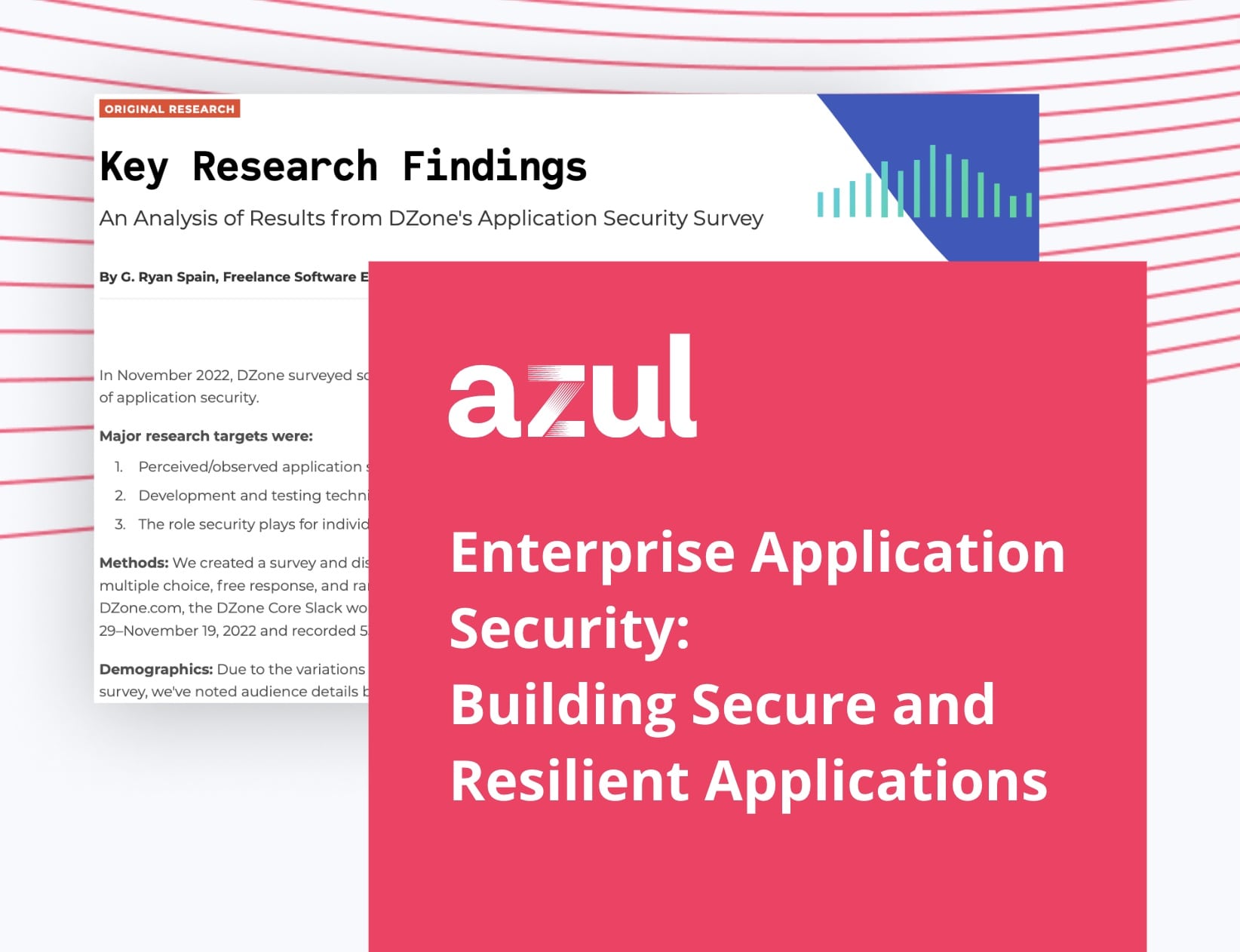What is DevSecOps?
DevSecOps, (Development, Security, and Operations), is an approach to software development that integrates security practices into the DevOps process. The goal of DevSecOps is to ensure that security is an integral part of the software development life cycle, rather than an afterthought or a separate process.
When should companies use DevSecOps?
In traditional software development, security is often viewed as a separate function that is handled by a separate team or group. If your company has siloed security as a separate function leading to security issues being discovered late in the development process, it can become costly to fix and can delay the release of the software.
DevSecOps, on the other hand, emphasizes collaboration and communication between development, security, and operations teams. By integrating security practices into the development process, DevSecOps aims to identify and address security issues earlier in the development cycle, reducing the risk of security breaches and improving the overall security of the software.
DevSecOps includes practices such as threat modeling, secure coding, continuous security testing, and automated security checks. These practices are integrated into the DevOps process, ensuring that security is considered at every stage of the software development life cycle.
What are the benefits of DevSecOps?
DevSecOps can help companies develop higher quality software more quickly with less risk.
- Improved security: DevSecOps integrates security into the development process from the beginning, rather than treating it as an afterthought. This helps to identify and fix security issues earlier in the development cycle, reducing the risk of vulnerabilities being introduced into the code.
- Accelerated time-to-market: DevSecOps encourages teams to work together and collaborate more effectively, which can help to streamline the development process and reduce the time it takes to bring a product to market.
- Improved quality: By integrating security into the development process, DevSecOps can help to identify and address quality issues earlier, resulting in higher-quality software.
- Increased agility: DevSecOps encourages teams to be more agile and flexible, allowing them to respond more quickly to changing customer requirements and market conditions.
- Better collaboration: DevSecOps requires close collaboration between development, security, and operations teams, breaking down silos and encouraging more effective communication and cooperation.
- Reduced risk taking: By integrating security into the development process and identifying vulnerabilities earlier, DevSecOps can help to reduce the risk of security breaches and other incidents that could have a negative impact on the business.
What are the challenges associated with DevSecOps?
When integrating security into the software development process, with the goal of building more secure and resilient applications, there are various challenges that organizations face including:
- Change management stubbornness: DevSecOps requires a cultural shift, where security is not an afterthought but rather a key part of the development process. This can be challenging, as developers may not be used to thinking about security, and security teams may not be accustomed to working closely with developers.
- Resource constraints: DevSecOps requires personnel with both development and security expertise, which can be difficult to find. Organizations may need to invest in training or hiring additional staff to fill this gap.
- Heavy tooling and automation burdens: DevSecOps relies heavily on tooling and automation to integrate security into the development process. However, many organizations may not have the necessary tools or expertise to implement automation effectively.
- Regulation: Many industries are subject to regulations and compliance requirements that impact software development, such as PCI-DSS or HIPAA. DevSecOps needs to ensure that these requirements are met, which can be challenging in a fast-paced development environment.
- Security slows down performance speed: DevSecOps aims to increase the speed of software development while maintaining security. However, there is a risk that security measures may slow down the development process, so finding the right balance between speed and security is crucial.
- Continuous improvement: DevSecOps is a continuous process that requires ongoing improvement and refinement. Organizations need to be willing to learn from mistakes, make changes, and adapt their processes to ensure they are continually improving their security posture.
What does a DevSecOps architecture look like?
A DevSecOps architecture has several architectural components and practices. It involves using automation tools, integrating security testing into the CI/CD pipeline, managing infrastructure through IaC, continuous monitoring, and collaboration between teams.
Automation tools: DevSecOps heavily relies on automation tools that are used to automatically test code, identify vulnerabilities, and manage the deployment of applications.
Continuous Integration and Deployment (CI/CD) pipeline: DevSecOps requires a well-defined and automated CI/CD pipeline to enable fast and reliable deployment of software. This pipeline includes various stages, such as building, testing, and deploying code.
Infrastructure as code: DevSecOps advocates for using Infrastructure as Code (IaC) to enable teams to manage infrastructure in a consistent and automated way, which reduces the risk of human errors and makes it easier to maintain security posture.
Security testing: DevSecOps includes various security testing practices, such as static analysis, dynamic analysis, and penetration testing. These tests are integrated into the CI/CD pipeline and help identify vulnerabilities and ensure code is secure before deployment.
Monitoring and logging: DevSecOps emphasizes continuous monitoring and logging of application and infrastructure components, which enables teams to identify and respond to security incidents in real-time.
What use cases are best suited for DevSecOps?
While DevSecOps can be applied to any software development project that requires a high level of security and reliability, some of the best use cases include:
Cloud Security: DevSecOps can help organizations secure their cloud infrastructure by integrating security measures into the deployment pipeline and ensuring that security policies and procedures are followed throughout the development process.
Mobile Application Development: DevSecOps can be used to ensure that security is integrated into the development of mobile applications, which are increasingly becoming a target for cyber attackers.
Compliance: DevSecOps can be used to help organizations comply with various regulatory frameworks and standards, such as HIPAA, PCI DSS, and GDPR, by ensuring that security is integrated into the development process and that compliance requirements are met.
Incident Response: DevSecOps can be used to develop and implement incident response plans, which can help organizations respond quickly and effectively to security incidents and minimize the impact of a breach.
How does Azul help with DevSecOps?
Azul’s perspective is DevSecOps works conceptually, but for now it primarily exists as a theory more than in widespread practice and employment. One reason for this is organizational inertia and culture change. DevOps has typically worked faster than security teams, which causes friction as app teams think security is holding them back and security teams think app teams are ignoring them at their own peril. There’s also the perception of DevSecOps as a barrier to speed and agility, rather than an enabler.
However, much of this dynamic fundamentally changed in 2022 when Log4J was patched in the development pipeline and yet re-appeared production. DevOps and security were under pressure to join forces and collaborate to solve critical and timely security vulnerabilities. If you are a DevOps team that has been tasked to catch security issues due to department downsizing or resource limitations, you may consider a new Java security product.
Azul Vulnerability Detection is a SaaS product that leverages Azul JVMs to help organizations understand their Java application exposure to known vulnerabilities based on real usage patterns in production and dev/test with a low false positive rate updated continuously.
Azul Vulnerability Detection
Continuously detect known vulnerabilities
in your Java applications in production.



